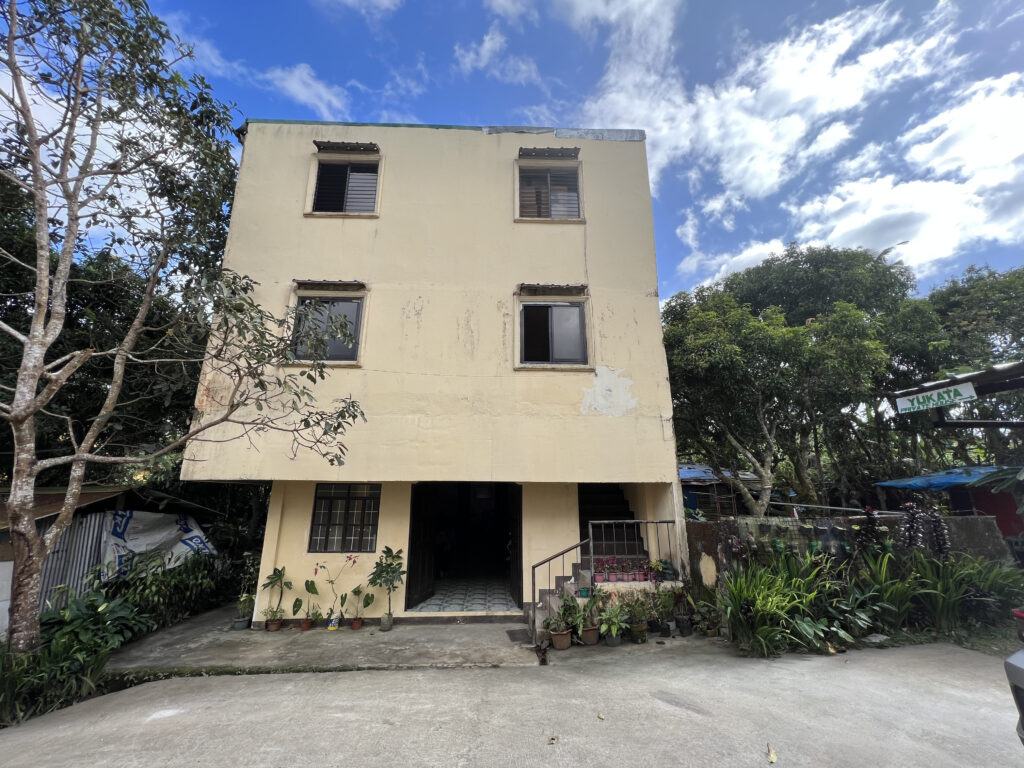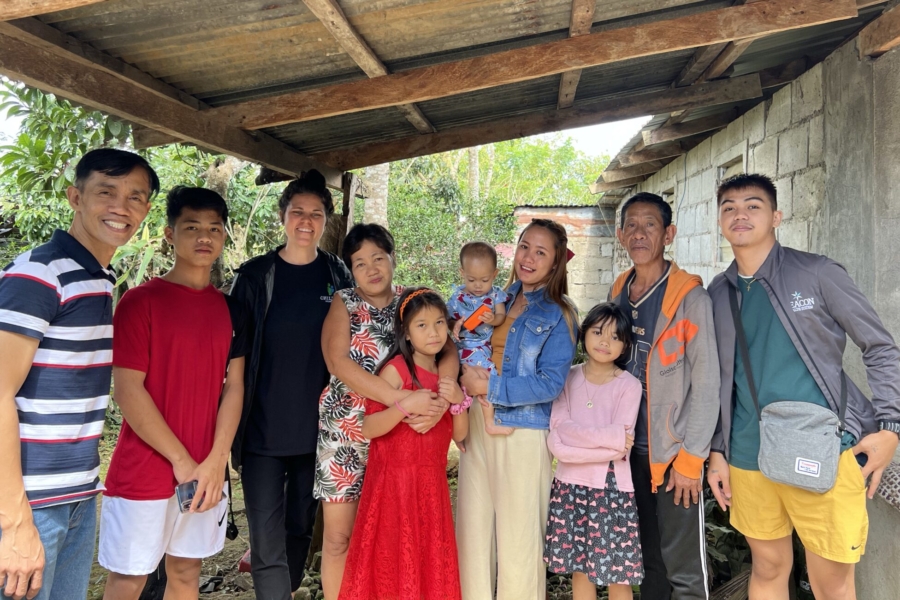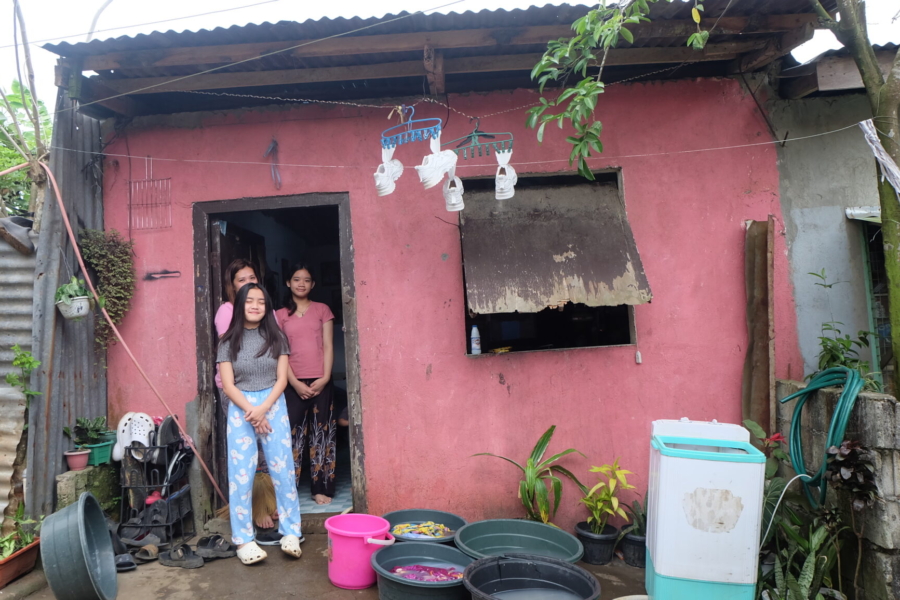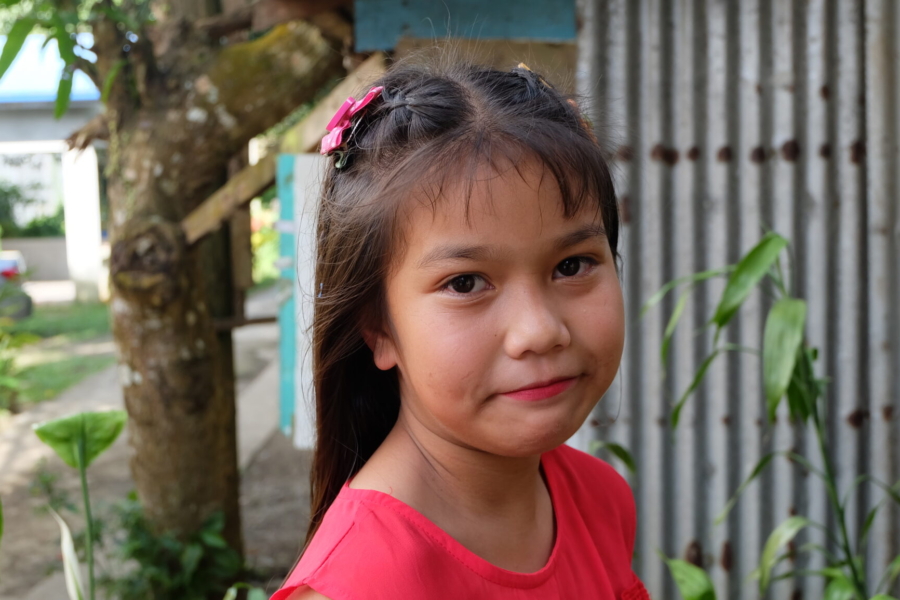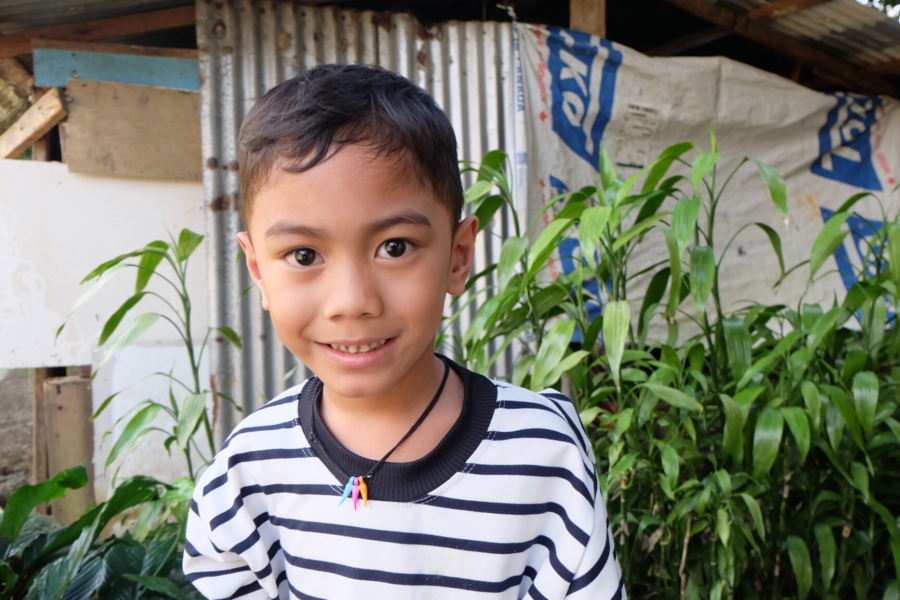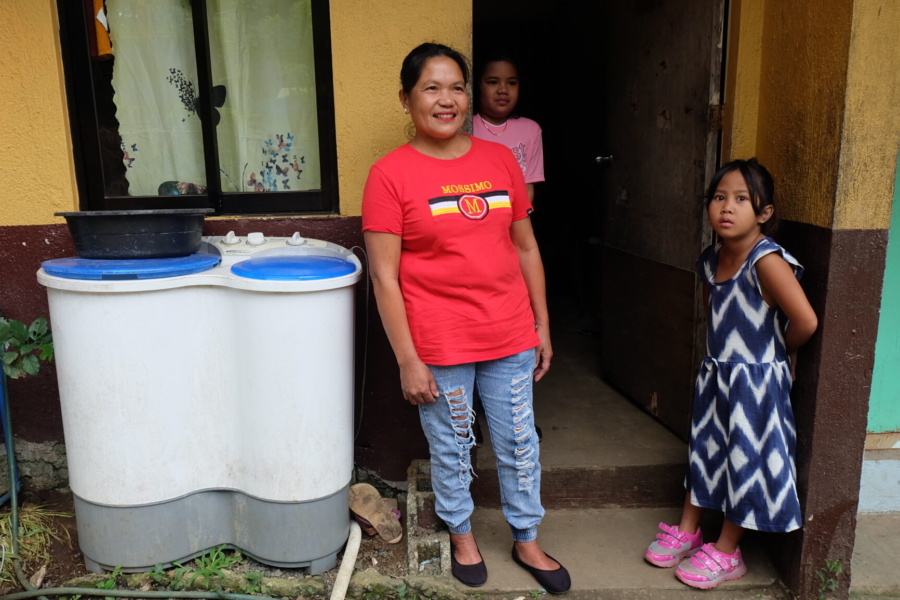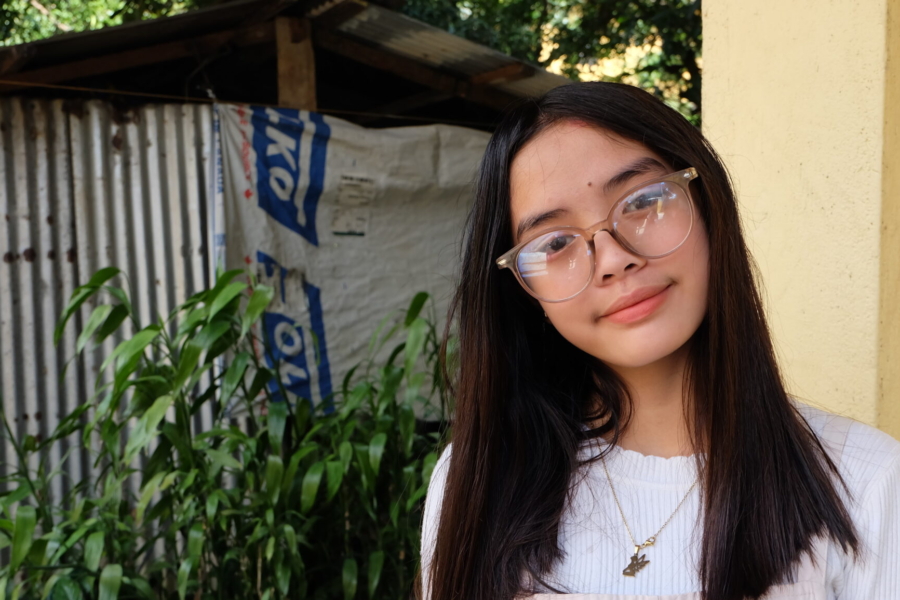Three days after arriving in Manila, our volunteer coordinator at the Fortune’s Center, Joy, offered to drive me the hour and a half out of the city to Tagaytay, where our affiliated site, the Pinagpala Center, was located.
Nilo also works with parents who are struggling with drug addiction and helps them to rehabilitate by not only getting off drugs, but showing their friends, family and peers that they care about getting better and changing their lives.
I was able to hear about the center a little more the previous day when Joy, our former sponsored child Genesis, and I had lunch with our former coordinator at the Fortune Center, Polly Jonson, and her friend Poying.
Both now in their 80s, both Polly and Poying joked and laughed with us during our meal, as vibrant as most half their ages. Poying mentioned that she started the Pinagpala Center many years ago, in 2007, after seeing the success Polly was having helping children in her community at the Fortune Center. I loved both their energy, and they talked enthusiastically about our current volunteer coordinator at the Pinagpala Center, Nilo, who I would meet the following day.
Tagaytay is located south of metro Manila, and is a busy tourist area for Filipinos escaping the hustle of the city in exchange for a small mountain town. Tagaytay overlooks Taal Lake and the Taal Volcano Island, and visitors and residents alike find the cool temperature and incredible scenery to be idyllic.
getting to know nilo
After Joy dropped me off at my hotel, I made a plan for Nilo to come by so we could meet in the lobby and discuss the next few days that I would have in Tagaytay to meet with him, our sponsored children and their parents, and get a chance to visit the Pinagpala Center. As we sat at a small, round table surrounded by hotel guests enjoying afternoon tea or coffee, we chatted about the Children Incorporated program and Nilo’s work within the community.
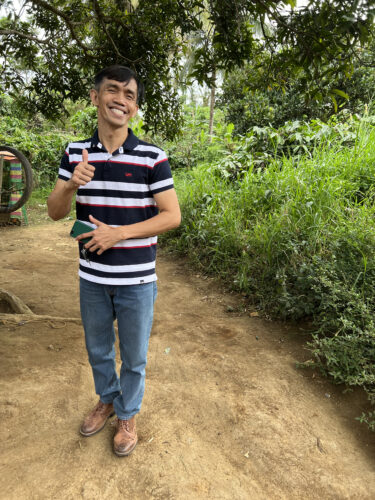
Nilo works with children, adults and entire families to help improve their lives and the community at whole in Tagaytay.
In addition to helping children through sponsorship support at the Pinagpala Center, Nilo also worked with the local police on what he described as “morality training,” in which he conducted lectures on how to incorporate ethical decision making into everyday police work. Nilo also works with parents who are struggling with drug addiction and helps them to rehabilitate by not only getting off drugs, but showing their friends, family and peers that they care about getting better and changing their lives.
I found all of what Nilo was saying very fascinating — especially in regard to his work with drug users. In a country where the former president, Rodrigo Duterte, regularly made global headlines due to his strictly enforced drug policies, which had led to an estimated 12,000 Filipino deaths from 2016 to 2022, it was interesting to hear about the issue from someone within the country, who was working day to day to help those suffering from substance abuse issues as opposed to criminalizing them. I could see how his work in drug rehabilitation, ethical police work, and child poverty all tied in together. Nilo’s efforts were all geared toward education, acceptance and understanding, and providing support to those in need.
Visiting the center
After nearly an hour, we made a plan to meet again outside the hotel early the next day. When Nilo picked me up the following morning, he first took me to visit the homes of some of our sponsored children before we would meet with them and their parents at the Pinagpala Center in the afternoon. The children all live in various parts of the same neighborhood, in walking distance from the center, which they visit a few times a week to receive food, hygiene items, and school supplies. Most of the homes were similar, with only three rooms — a kitchen, a living room and a bedroom — and very limited space.
I was all too happy to have a seat as well to watch and think about how grateful I was to meet Nilo and find out just how much he was doing to help the community at large.
Although modest, I was pleasantly surprised, that compared to so many of the other homes I had visited during my time with Children Incorporated, the houses were made of sturdy concrete and were connected by pavement walkways instead of dirt. Nilo was intrigued that I considered the homes so nice, as he was aware of how poor these families were, and how little money they lived off of.
We visited roughly ten or twelve homes before we got back in Nilo’s car to drive to the Pinagpala Center, where we would wait for the children to arrive. Nilo told me they wanted to thank me for visiting with a song and dance which they had been working on all week, choreographed by Nilo’s wife, a school teacher who helped Nilo at the center when she could. We made our way down a long driveway and stopped next to a two-story building which towered over the smaller houses that surrounded it. Once getting out of the car, I had to stand back to see the top of the center — the impressive building looked new and was obviously constructed very well.
Helping Expand Pinagpala
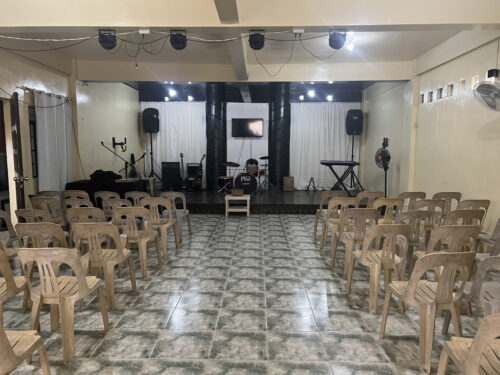
Thanks to our donors, we were able to support the expansion of the Pinagpala Center. The first of three floors is pictured, which serves as a gathering space for children and parents.
Nilo told me that many years ago, when Children Incorporated first became affiliated with the center, it was a one-story wooden building that was used as a church. The congregation agreed to let Piyog use it to start the sponsorship program, giving her a place to distribute basic needs items to children throughout the month.
The reason the building is so much bigger today, Nilo explained, is that our Director of International Programs, Luis Bourdet, supported the efforts to expand the center, adding two more floors and converting the first floor from wood to concrete.
Once we stepped inside, I could see just how vital that support really was — the first floor was used as a gathering space with a kitchen and small stage. The second floor was used for storage of distribution supplies for our sponsored children. This beautiful center was now big enough and secure enough for Nilo to run our program, one that he was so obviously passionate about. Before I knew it, our quiet tour was interrupted by the excited chatter of small children as they rushed into the building and took their seats by the stage, eagerly awaiting their big performances. I was all too happy to have a seat as well to watch and think about how grateful I was to meet Nilo and find out just how much he was doing to help the community at large.
***
How do I sponsor a child in the Philippines?
You can sponsor a child in the Philippines in one of three ways: call our office at 1-800-538-5381 and speak with one of our staff members; email us at sponsorship@children-inc.org; or go online to our sponsorship portal, create an account, and search for a child in the Philippines that is available for sponsorship.

